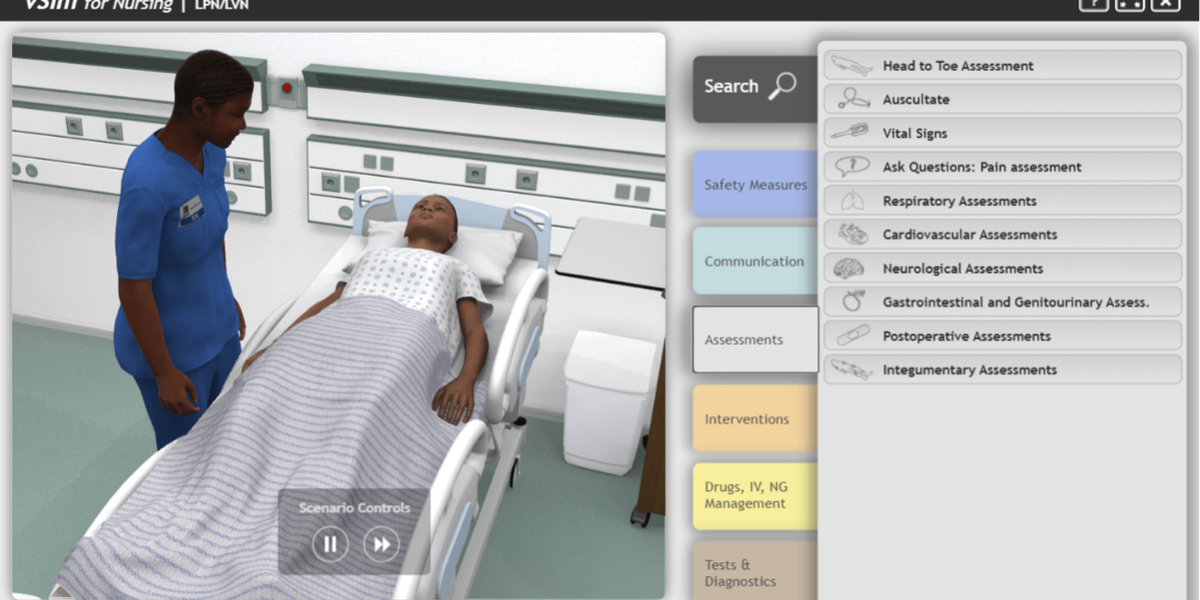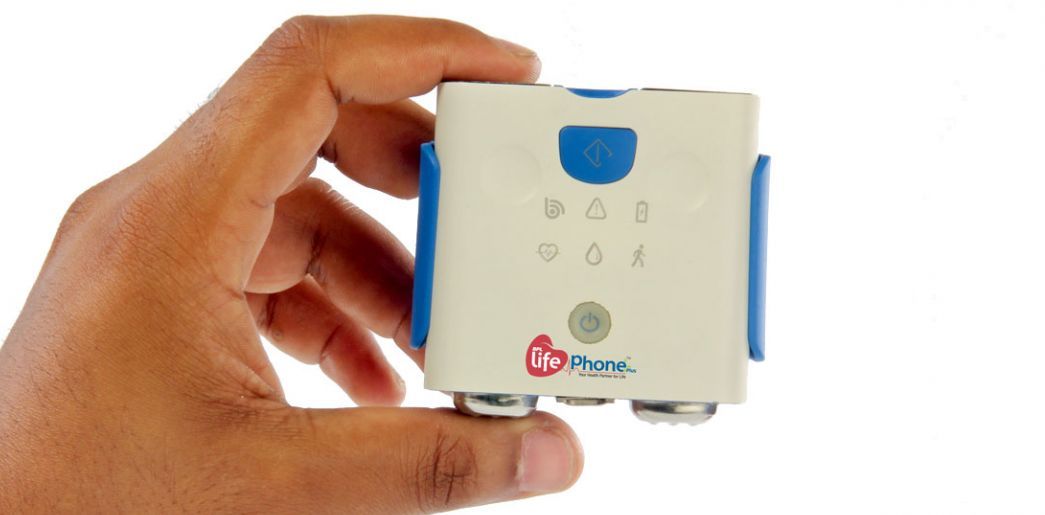AWARD YEAR
2023
CATEGORY
Body
GOALS
Good Health & Well-being, Partnerships for the Goals
KEYWORDS
Simulation tool, critical care, nurses, Health Workers, hospitals
COUNTRY
Netherlands
DESIGNED BY
Wolters Kluwer, Health and Laerdal Medical
WEBSITE
https://www.wolterskluwer.com/en/news/vsim-medsurg-criticalcare?utm_source=linkedin&utm_medium=social_owned&utm_campaign=health_hlrp_pr_nured_2022-next-gen-vsim
vSim for Nursing
First-ever, advanced medical-surgical/critical care virtual training
How does it work?
New vSim for Nursing provides true-to-life, high acuity clinical training across diverse patient populations for practice-ready students. The latest course area from the vSim for Nursing solution offers a comprehensive, immersive experience that challenges students to think through complex scenarios they may not fully experience in clinical rotations, then take the appropriate action.
vSim for Nursing provides realistic, evidence-based scenarios written by the National League for Nursing, with built-in point-of-care solutions for reference and remediation.
Why is it needed?
To prepare the next generation of nurses for the challenges of real-world practice and help address a lack of simulation content for advanced medical-surgical and critical care scenarios.
It offers students needed exposure to a wide array of populations, themes, and environments, such as the representation of nonbinary patients. Students experience caring for patients with comorbidities, including obesity and a secondary COVID-19 diagnosis. Students also learn about transmission-based safety precautions through an interactive mini-game. By focusing on challenging cases, the new course depicts complex clinical situations in a safe, highly realistic clinical environment and empowers nursing students to hone their clinical judgment skills.
How does it improve life?
“vSim for Nursing offers the most advanced, trusted learning experience for nursing students and educators alike,” said Cansu Akarsu, Vice President of Healthcare Education at Laerdal Medical. “At a time when hands-on, critical care training is increasingly hard to offer, this high-fidelity course answers the call for truly immersive education that leads to readiness to care for diverse patients.”
vSim for Nursing Advanced Medical-Surgical/Critical Care is available as a standalone product, or integrated as part of Lippincott CoursePoint+, giving students the necessary tools to become clinically competent nurses. Nurse educators also can remotely assign, monitor and track students’ skill levels and progress, staying closely involved in competency development.







